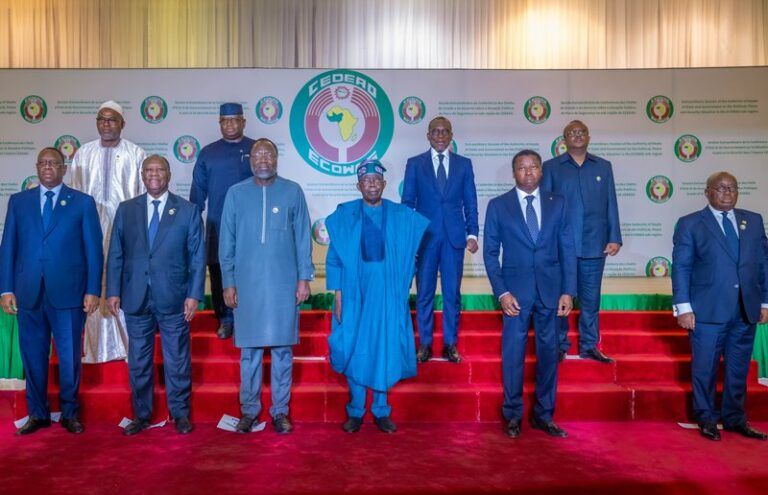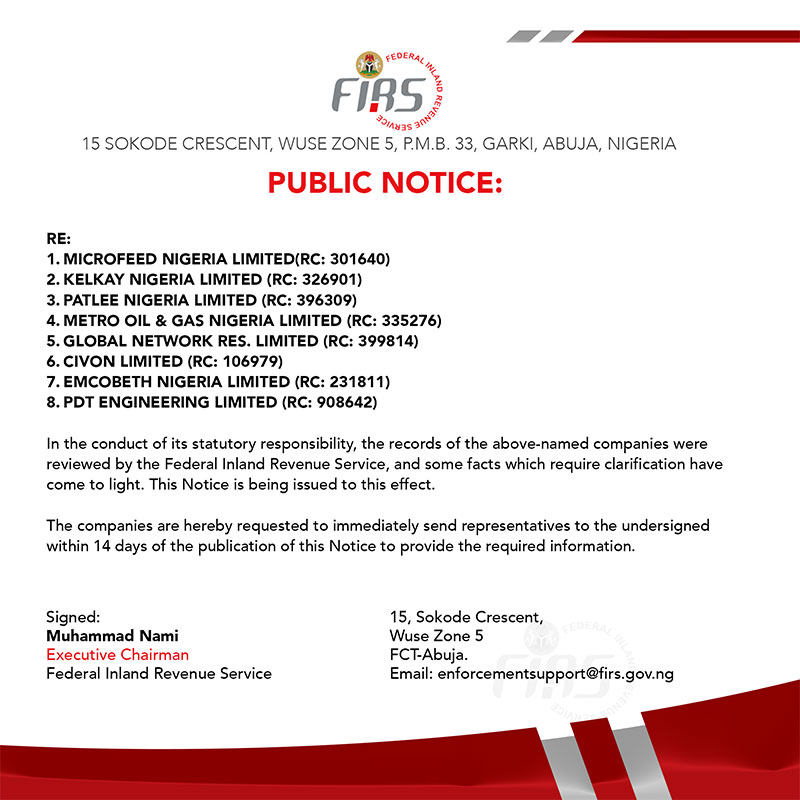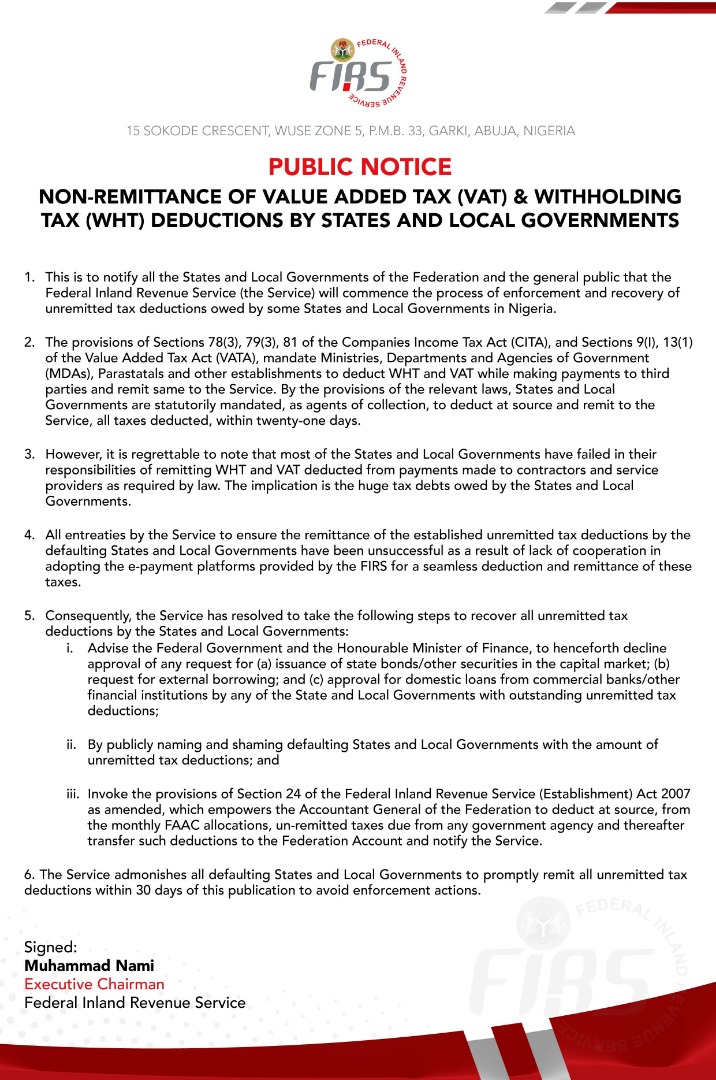
The Economic Community of West African States (ECOWAS) has explained why it decided to lift sanctions imposed on Mali, Niger, and Burkina Faso after military takeover of government in the three countries.
The three countries also recently announced that they are breaking away from ECOWAS to form a separate block.

However, ECOWAS after its meeting in Abuja on Saturday announced the decision to lift sanctions on the three countries.
The regional body said the decision to lift the sanctions was based on the need to maintain unity and security in the West African region.
Dr Omar Touray, President of the ECOWAS Commission said this at the end of the extraordinary session of the Heads of State and Government of ECOWAS on Saturday in Abuja.
He said that the authority took note of the period of Lent and the approaching month of Ramadan and the impact on citizens, adding that pleas were also received from prominent leaders including retired Gen. Yakubu Gowon.
”The authority takes note that the withdrawal will have political, social, socio economic, financial and institutional implications for the three countries as well as for ECOWAS as a region.
”The authority recalls that within the framework of regional cooperation against terrorism, violent extremism and organised crime, the three countries benefited from about 100 million US dollars mobilised by UMR within the context of ECOWAS plan of action against terrorism.
”Moreover, some funds allocation, about 7.5 million U.S. dollars is being made towards supporting the three countries in acquiring the equipment to help their fight against terrorism.
”The withdrawal will affect security cooperation in terms of sharing intelligence and participation in regional counterterrorism initiatives.
”Such as the Accra initiative, and the Multinational Joint Task Force,’‘ he said.
Touray added that the withdrawal of the countries from the sub-regional bloc would lead to diplomatic and political isolation at the international scene where the countries have obtained support for their candidates in the contest for international positions.
”The authority recognises that the withdrawal will automatically affect the immigration status of the citizens, as they may be required to obtain visas to travel around the region.
”Citizens may no longer be able to reside or set up businesses under ECOWAS arrangement and may be subject to diverse national laws.
The three countries will cease to use ECOWAS passports across biometric national identity cards, and the brown card vehicle insurance.
”The authority recognises that the three member states represent 17.4 per cent of the region’s 425 million population.
Even though they represent 10% of the region’s GDP, their departure will constitute a reduction of the market size of ECOWAS.
He said that the sanctions were lifted to promote trade and benefits derived from several regional projects and programmes including the Regional Food Security Reserve.
”The regional support programme for powerful pastoralism in the Sahel, which is being funded by the World Bank to the tune of 215 million US dollars is also a project that benefits the three countries.
”The three countries also benefit from the Sahel regional irrigation support programme, which is being funded by the World Bank to the tune of 103 million US dollars.
”The three regional food systems resilient support programme in the amount of 230 million, funded by the World Bank is also benefiting the three countries.
”West African single identity and regional integration and inclusion project is another programme that the three countries benefit from.”
He said that other projects the countries benefits from are the ECOWAS regional electricity market, West African Power Pool project, which links member states to a regional electricity grid for improved access to electricity.
He said not lifting the sanction would result in the halt or the suspension of all ECOWAS projects and programmes worth more than 500 million US dollars.
Touray said that the projects collectively valued at approximately 321.6 million U.S. dollars.
”Reviewing the implications at the institutional level, the authority notes that the withdrawal will not only require the closure of four regional entities in Burkina Faso, two regional bodies in Mali and one regional office in Asia.
”It will also affect the job security of some 130 ECOWAS staff who are citizens of the three countries. Currently 77 staff members are from Burkina Faso, 23 are from Mali, and 32 are from Niger. (NAN)































